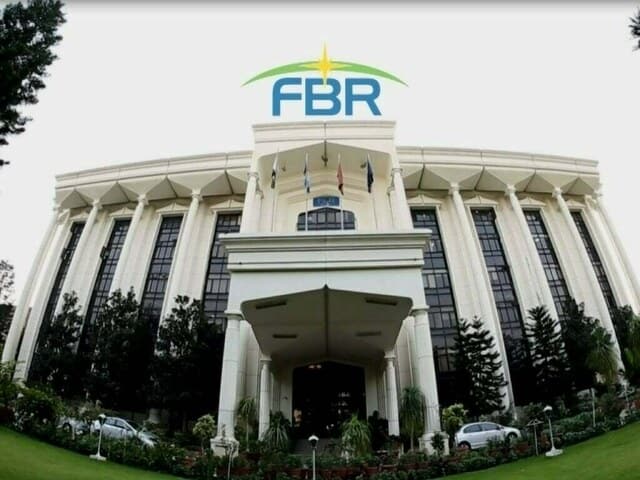The Federal Board of Revenue (FBR) has amended the Sales Tax Act 1990 to establish the Tax Fraud Investigation Wing-Inland Revenue, aiming to detect, investigate, and prevent tax frauds.
The FBR released an updated version of the Sales Tax Act 1990 and the Federal Excise Duty (FED) 2005, effective until June 30, 2024, which was approved by parliament.
Under this updated version, the FBR will impose a 25% General Sales Tax (GST) on the import of mobile or satellite phones with an import value exceeding $500 per unit, or an equivalent value in rupees if supplied by the manufacturer. This 25% sales tax applies to mobile phones in Completely Built Unit (CBU) condition at the time of import or registration (IMEI number by CMOs).
For phones valued at $500 or less, an 18% sales tax will be charged (18% ad valorem). Additionally, an 18% sales tax will apply to phones imported in CKD/SKD condition and to the supply of locally manufactured mobile phones in CBU condition, regardless of whether their value exceeds $500.
The revised GST Act includes a new definition of “tax fraud,” which is defined as intentionally understating or underpaying tax liability or overstating entitlement to tax credit or refund by submitting false returns, statements, or documents, or withholding correct information or documents to cause a tax loss.
The Tax Fraud Investigation Wing-Inland Revenue will consist of several units, including the Fraud Intelligence and Analysis Unit, Fraud Investigation Unit, Legal Unit, Accountants Unit, Digital Forensic and Scene of Crime Unit, and Administrative Unit.
The updated Sales Tax Act also empowers the FBR to require any person or class of persons to integrate their electronic invoicing system with the board’s computerized system for real-time reporting of sales.
Penalties for submitting false or forged documents to any Inland Revenue officer, or for destroying, altering, mutilating, or falsifying records, including sales tax invoices, include a fine of Rs25,000 or 100% of the evaded tax amount, whichever is higher.
Additionally, individuals could face up to five years in jail if the evaded tax is less than Rs1 billion. If the evaded tax is Rs1 billion or more, the jail term could extend up to 10 years, with a fine equal to the amount of tax evaded.
Those who commit, cause to commit, or attempt to commit tax fraud will face similar penalties and jail terms as tax evaders.













